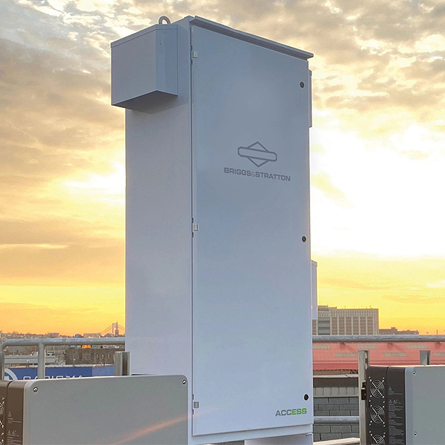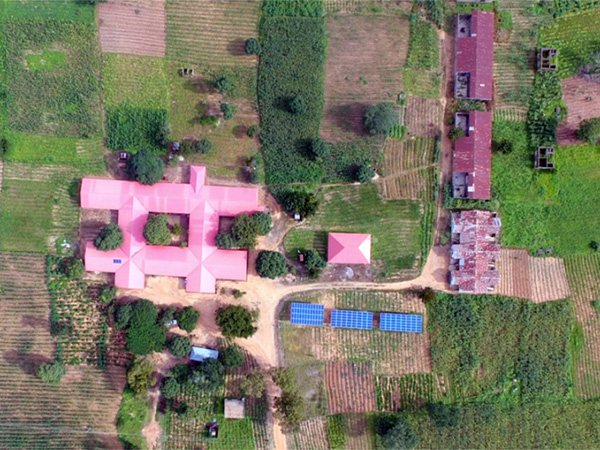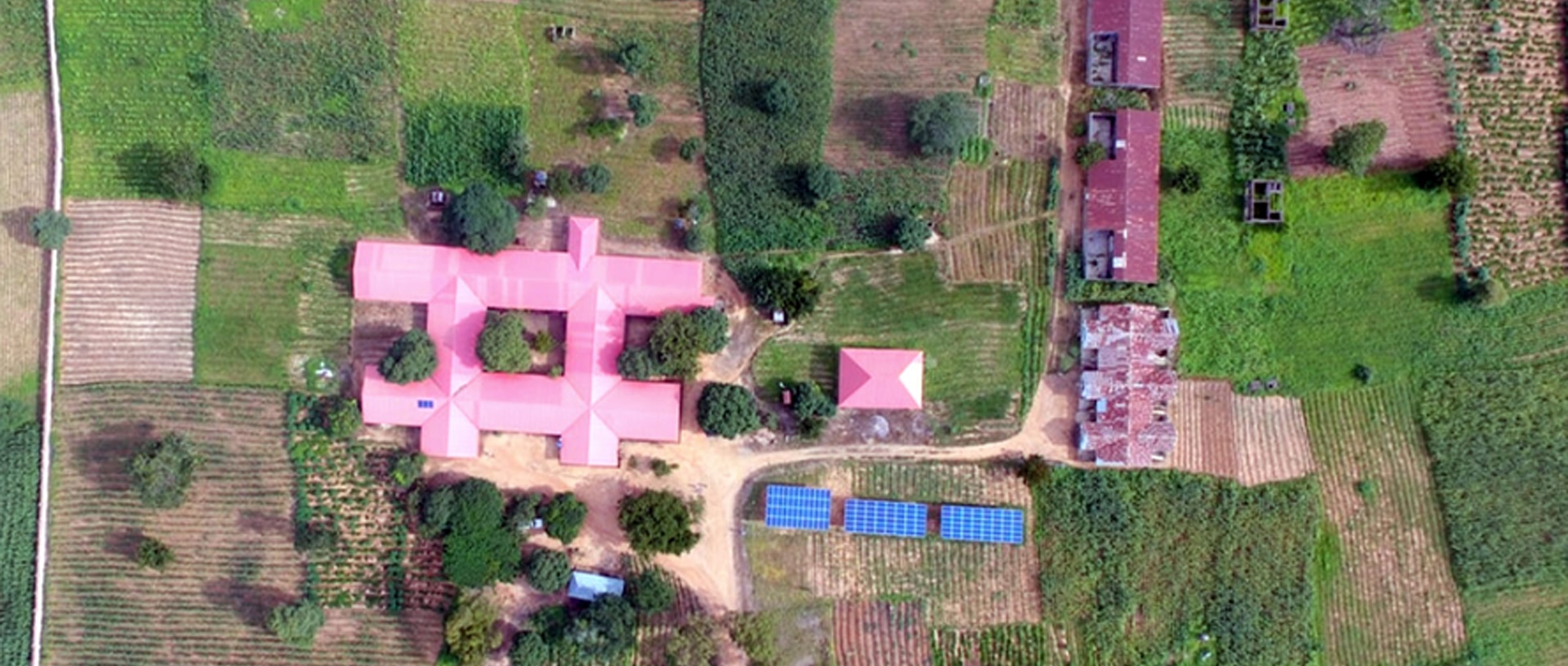Access to electricity plays an essential role in promoting economic development and improving the daily lives of individuals and their well-being. In sub-Saharan Africa, nearly 600 million people lack access to energy, and millions more rely on costly and environmentally hazardous oil and gas for electricity. To bring modern and clean energy services to Africa, microgrids are gaining traction as a viable solution because of the rapidly declining costs of wind, solar, and batteries, coupled with their ability to be deployed quickly and scale up over time.
Access to reliable and affordable power can be alluring throughout Africa. Nigeria, which is Africa’s largest country in terms of population and a top funding hub for tech startups, regularly suffers from frequent power disruptions, with half of its population living in rural areas having no access to electricity.

To bring clean and reliable power to Nigeria, EM-ONE Energy Solutions, a Canadian-Nigerian engineering firm, partnered with SimpliPhi Power (acquired by Briggs & Stratton Energy Solutions in 2021) to deliver scalable, affordable, and reliable microgrid solutions. With a vision to transform the aging power infrastructure in Africa into decentralized, decarbonized and digitized energy systems that improve lives, EM-ONE has successfully delivered more than 20 MW of off-grid, containerized solar microgrid solutions that provide uninterrupted power to rural communities, hospitals, universities, clinics and schools across Nigeria.
Our Lithium Ferro Phosphate (LFP) chemistry, combined with our proprietary cell architecture, power electronics, and battery management system (BMS), allows our energy storage solutions to operate at higher efficiency, with deeper depths of discharge and extended life cycles, even at higher temperatures. With the ability to withstand extreme heat due to the LFP-based chemistry, our batteries perform better in hot climates, making them an ideal fit for EM-ONE’s plug-and-play containerized solar+storage microgrid solutions.
In 2019, we partnered with EM-ONE to deliver 43 microgrid systems ranging from 5 – 85kW using PHI 3.5 kWh batteries, which were deployed in Northern Nigeria across Borno, Adamawa, Kaduna and Kano states. These systems were jointly funded by the UK Aid and European Union program, Solar Nigeria, and were one of the first major donor-funded interventions in the northeast of Nigeria since the Boko Haram insurgency. Aid funding was aimed to rebuild critical health and educational infrastructure, improve the livelihoods of the millions affected by the Northeast conflict, and restore opportunities for a better life.

The EM-ONE microgrids energize hospitals, clinics, and schools throughout Nigeria, ensuring these facilities have adequate power for lighting, cooling and water pumping. For medical end-users, the systems’ critical loads also include refrigeration, cold chain storage, emergency lighting, operating room lighting, X-ray machines and water pumping.
EM-ONE chose PHI batteries specifically because of their ability to operate successfully in high temperatures without risk of fire. Their experience from the performance of previous projects showed that the extreme heat in Africa caused other batteries to fail, while PHI batteries continue to operate safely and reliably, ensuring the sustainability and success of every installation.
“PHI batteries contribute greatly to the success of EM-ONE's installations at health and education centers in Nigeria,” said EM-ONE CEO Mir Islam. “We chose PHI batteries because they enable our systems to run smoothly and without interruptions, even in extreme temperatures. Eliminating the chance of power failure allows schools, hospitals, and clinics to continuously provide services to thousands of beneficiaries, ultimately improving health and education outcomes in Nigeria.”
As the next big growth market, Africa is leapfrogging ahead of developed countries and embracing a decentralized approach to building out its energy infrastructure. Energy storage systems and microgrids are quick to deploy, can easily scale, and will be an essential building block in meeting Africa’s growing and evolving energy needs.

Request a Commercial Consultation
Talk with a Briggs & Stratton energy expert by clicking the button below and provide basic information about your upoming project!



